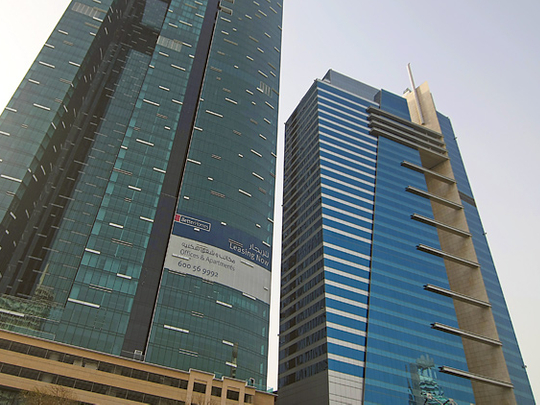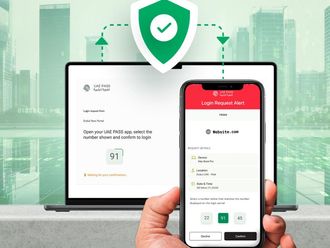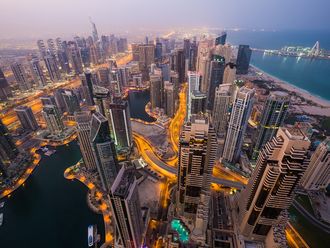
Dubai:Investors, especially institutional, are realising that the Dubai realty prospects are not just built on residential exposures. While office spaces are not exactly the flavour of season as yet, other commercial property — industrial in particular — sure is.
Dubai Industrial City — where first quarter vacancy was as low as 5 per cent, according to a recent Cluttons report — has been seeing a lot of that interest, as has Dubai Investments Park’s expanding commercial cluster (which includes warehouses as well). And any piece of real estate connected with education and healthcare possibilities are at the top of the investor preferences.
“Sale and leaseback transactions are appealing for both owner-occupiers and investors,” said Talal Al Zain, CEO of PineBridge Investments M.E., which is managing a newly raised $160 million fund to invest in niche commercial real estate, much of which will be in Dubai.
“On the one hand, investors benefit from tenants who are leasing long-term and operate the property as an essential part of their business. On the other, the seller releases capital that can be invested in growing their core business activities.
“Regional corporates continue to realise the merits of asset-light operating models and we expect demand for such transactions to increase steadily in the near future.”
Dubai’s non-office, commercial realty ticks the right boxes. While retail and services sectors were the first sectors to pick up momentum during the upturn, they have created the conditions for demand to perk up in ancillary spaces as well.
For instance, Cluttons finds that “As supply constraints start to impact on occupiers’ expansion strategies, we expect to see a rise in the amount of purpose-built facilities, particularly from the rapidly expanding F&B sector. In addition to the expansion of free zones, we are anticipating an increased amount of speculative warehouse development, as submarkets in the vicinity of Dubai World Central approach saturation”.
The Pinebridge GCC Real Estate Fund I investment mandate is clear enough – seek out income-generating assets with “strong tenants and long-term lease contracts”. “We believe the areas of social infrastructure – for example schools and healthcare facilities – as well as logistics and community retail are particularly attractive because these sectors benefit from strong fundamentals, provide stable and attractive income, and hold potential for growth in capital value,” said Al Zain.
True to its word, a UAE-based school campus (operated by GEMS Education Ltd) was acquired by PineBridge Investments late last year in a sale-and-leaseback transaction and became the seed asset for the $140 million Fund. The promoter expects more capital to flow in and thus top $200 million. (The Fund has a five-year tenor, with an option for two one-year extensions.)
“With the growth of the middle-class, there is increased demand for private sector healthcare and education, as well as increased consumer spending,” said Al Zain.
There may even be opportunities in a more mature asset class – malls. “While “destination malls” are generally owned and managed by larger developers, we see a opportunity in community retail centres,” said Al Zain.
“These serve the immediately adjacent residential catchments, and are typically anchored by household retail names. We view this real estate format as an important evolution of the retail channels in the GCC.”











